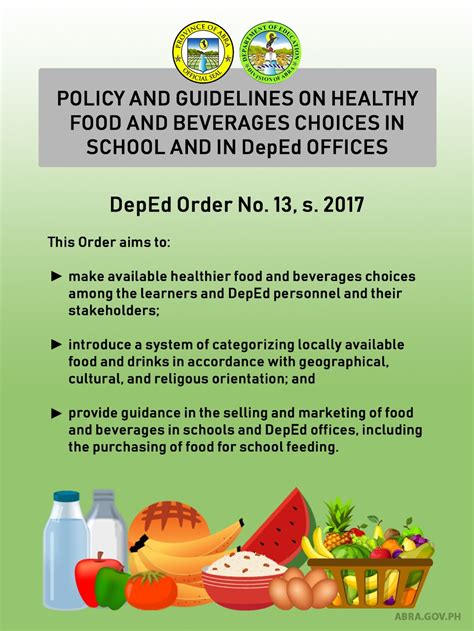A Complete Recipe for Success: Food and Beverage Education
The food and beverage industry is a vibrant, dynamic sector offering a diverse range of career paths. From culinary arts and pastry to sommelier, mixology, and restaurant management, the possibilities are endless. However, success in this competitive field requires more than just passion; it demands rigorous education and training. This article explores the complete recipe for success in food and beverage education, encompassing various educational pathways and essential skills.
Key Ingredients for a Successful Food and Beverage Education:
1. Foundational Knowledge:
- Culinary Fundamentals: A strong foundation in cooking techniques, sanitation, and food safety is crucial. This includes mastering basic knife skills, understanding cooking methods (sauteing, roasting, braising, etc.), and adhering to strict hygiene protocols.
- Beverage Knowledge: A comprehensive understanding of wine, beer, spirits, and non-alcoholic beverages is vital, encompassing production methods, tasting notes, pairings, and service protocols.
- Food Science: Understanding the scientific principles behind food preparation and preservation enhances creativity and problem-solving skills in the kitchen and bar.
2. Specialized Skills:
- Culinary Arts: Specialized culinary programs focus on specific cuisines (e.g., French, Italian, Asian), baking and pastry arts, or advanced techniques like molecular gastronomy.
- Mixology: Mastering cocktail creation, innovative drink presentation, and the history of mixology are essential for aspiring bartenders and mixologists.
- Sommelier: Becoming a certified sommelier requires extensive knowledge of wine, including regions, varietals, vintages, and food pairings. This often involves rigorous tasting and examination.
- Restaurant Management: Effective management skills, including budgeting, inventory control, staff management, and customer service, are vital for successful restaurant operations.
3. Practical Experience:
- Internships and Apprenticeships: Hands-on experience in reputable restaurants, bars, or catering companies is invaluable. These opportunities provide practical application of learned skills and networking potential.
- Volunteering: Volunteering at food-related events or charities offers exposure to different aspects of the industry and enhances skills.
- Personal Projects: Developing personal projects like creating a food blog, experimenting with recipes, or hosting food-related events builds confidence and showcases skills.
4. Continuous Learning:
- Industry Certifications: Pursuing industry certifications (e.g., ServSafe, Court of Master Sommeliers) demonstrates commitment and enhances career prospects.
- Workshops and Seminars: Attending workshops and seminars on emerging trends, new techniques, and innovative products keeps skills sharp and relevant.
- Professional Development: Engaging in professional development activities, such as attending industry conferences and networking events, expands knowledge and professional connections.
The Recipe for Success: Blending Theory and Practice
The most effective food and beverage education combines theoretical knowledge with practical application. Successful programs integrate classroom learning with hands-on training in kitchens, bars, and simulated restaurant environments. This approach ensures graduates are equipped with both the theoretical understanding and the practical skills necessary to thrive in the industry.
Garnishing Your Career: Beyond the Basics
While strong foundational skills are crucial, a successful career also requires:
- Creativity and Innovation: The ability to develop unique recipes, innovative menus, and creative drink presentations sets you apart from the competition.
- Strong Work Ethic: The food and beverage industry demands long hours, hard work, and dedication.
- Excellent Communication Skills: Effective communication is essential for interacting with colleagues, customers, and suppliers.
- Adaptability and Resilience: The ability to adapt to changing trends and overcome challenges is vital for long-term success.
By following this complete recipe, aspiring food and beverage professionals can embark on a rewarding and fulfilling career path, enriched with knowledge, skill, and a passion for the culinary arts. Remember, the journey of learning is continuous. Embrace challenges, stay curious, and never stop refining your skills. Your success in this exciting industry awaits!
